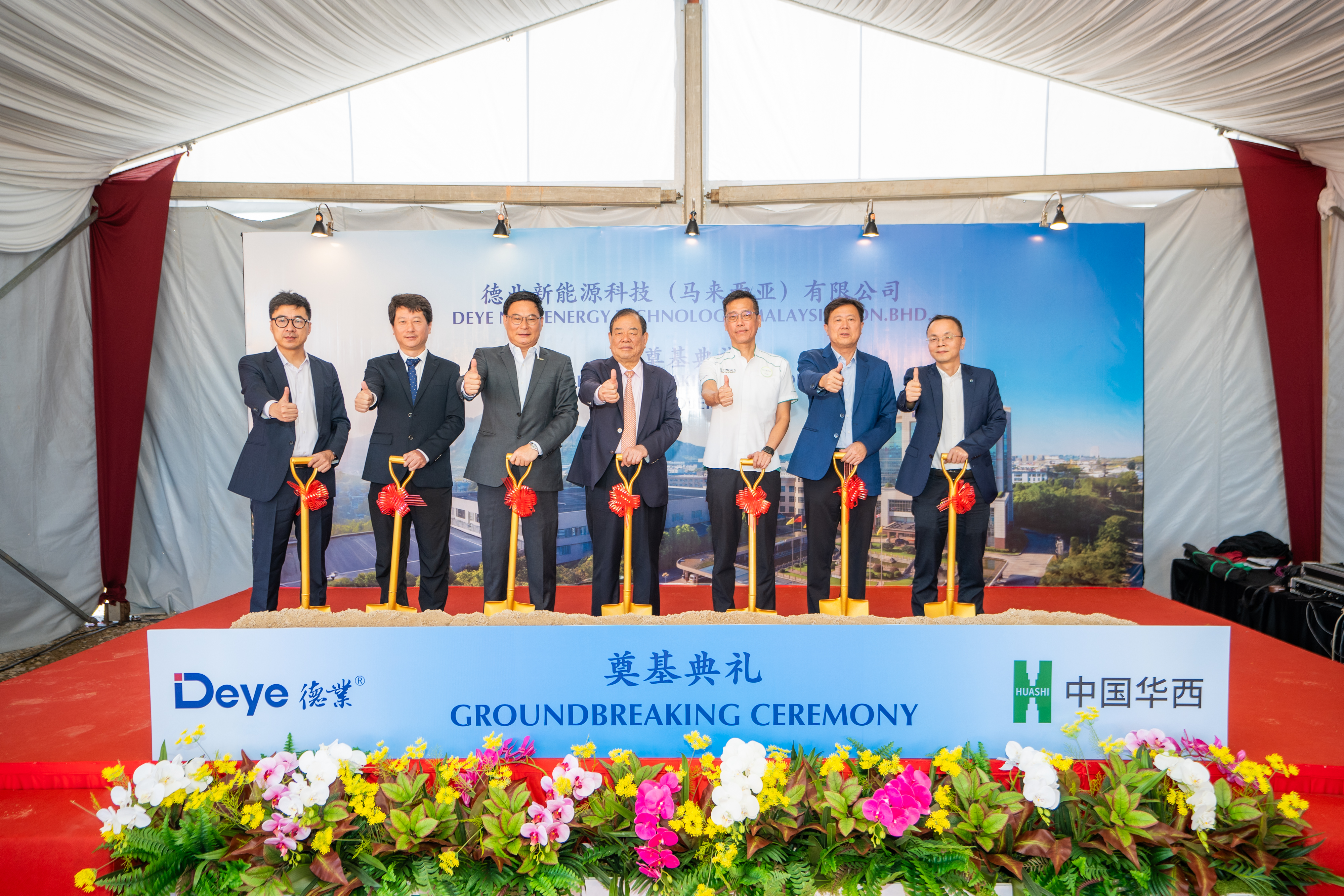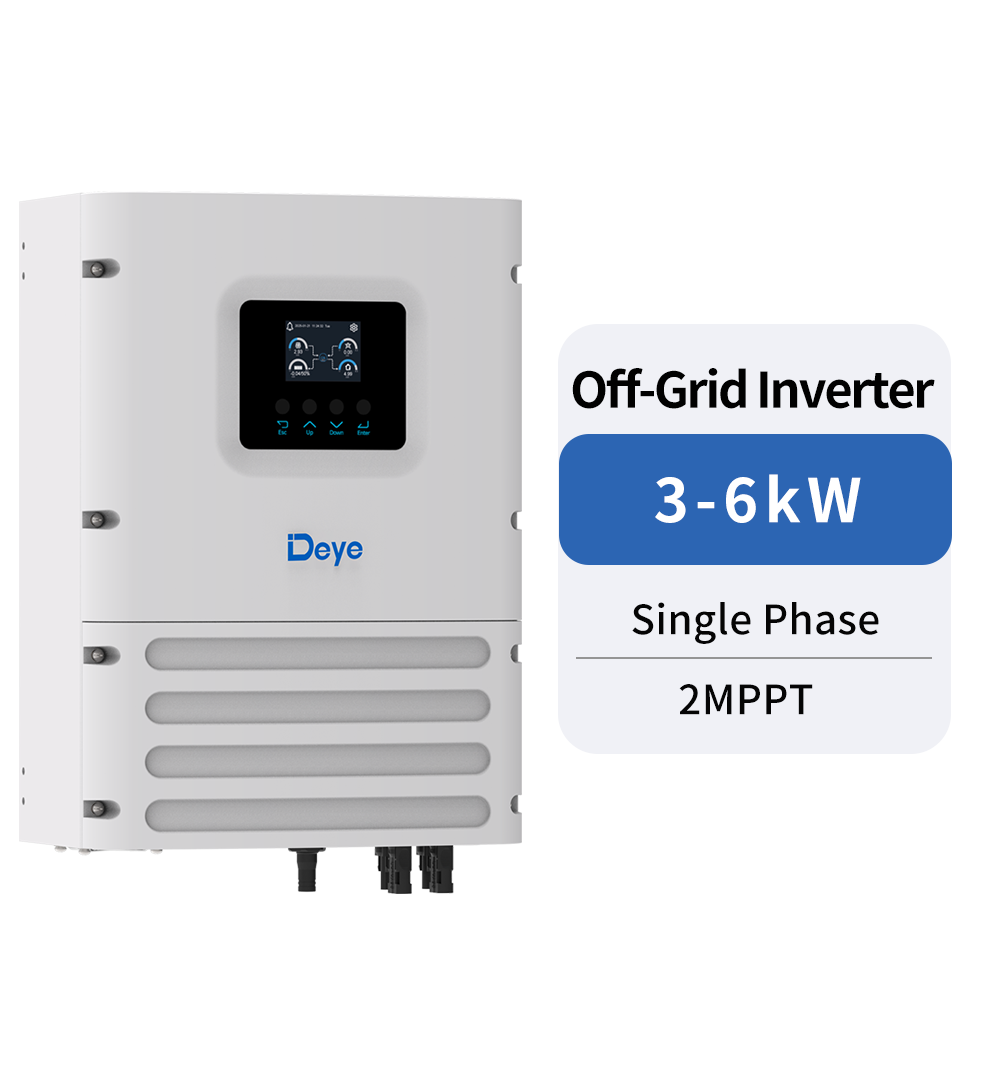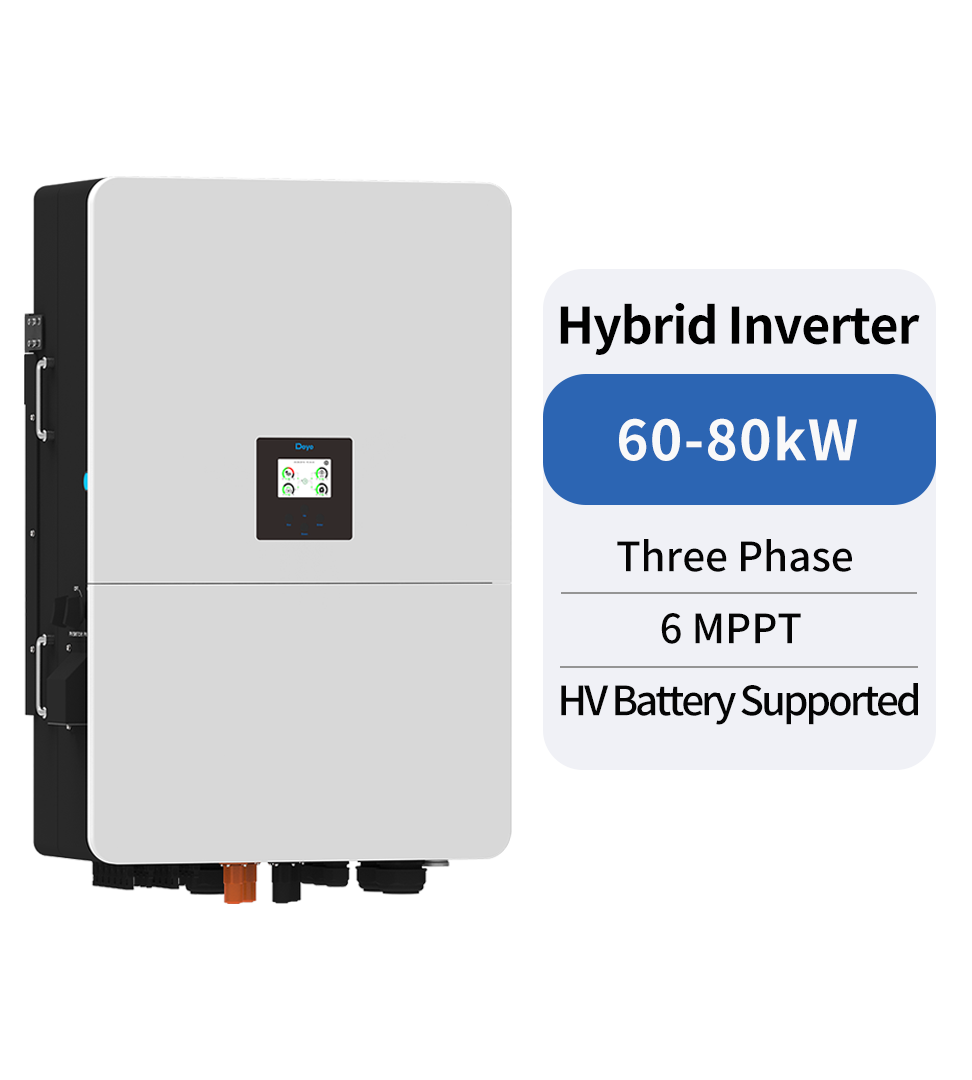Technical Topics
Which inverter Should I Choose For My Energy Storage System?
Dual function solar inverters, also known as hybrid or dual purpose inverters, will convert direct current power supplied by the solar panels into an alternating current that can be used in your home or business. Most utility companies are now offering "net metering" which allows you to sell surplus electricity to your utility company at a rate much higher than your normal retail rate. However, even if you are able to sell surplus electricity back to your utility company you may still need to have some sort of portable battery backup system to store the excess. If you do not have a portable battery backup system you will lose money on the net metering payments to your utility company. Portable battery backup systems for solar power applications include single or multiple stage portable batteries and there are several popular brands like Deye.
Single stage AC voltage conversions using a Deye or a similar product is probably going to be your least expensive option for supplying power to your utility grid in the event of a power outage. Depending on the number of single phase electric motors you use and the size of your battery bank will determine how much power you will need to supply to your entire home or business when there is a blackout. Most utility companies offer rebates and incentive programs for grid interactive inverter installations when you make a commitment to purchase a long term energy efficient appliance and agree to a monthly renewable energy billing program. Many of these programs offer long term unlimited energy contracts which can save you a significant amount of money on your electric bills over the life of the appliance.

As your batteries bank ages your utility company will begin to re-establish its grid and you will then need to add on additional capacity from a battery bank perspective. This can require additional installation of the grid interactive inverter components or a change in the charge controller part of your solar array. The new charge controller will allow you to operate your solar array and inverter more efficiently while maintaining full capacity charge throughout the day. When your charge controller changes or augments, it is important to keep your battery bank well stocked to accommodate the additional workload.
There are many factors that can influence your ability to operate both your single phase AC current systems as well as your grid interconnecting system effectively. The age of your single phase system can have a direct impact on the performance of your grid inverter. The performance capabilities of your solar array will also play a large part in the efficiency of your inverter. Single phase alternating current systems generate a higher DC current than their storage batteries allow for. As a result the speed of your inverter needs to match the higher DC current demands from your utility company.
Single phase battery based inverters are an excellent method for storing excess electricity produced during the day. They can easily handle high loads if left alone, but should not be operated at full capacity at night. This is because the battery will begin to overheat and you will incur large electric bills as a result. To keep your batteries operating at max. capacity all day long you should run your single phase inverter at half capacity at night. If you need to operate your grid at full capacity then you should purchase a two phase inverter.
It is important to understand that inverters do not have an inherent ability to control the voltage drop across the electrical circuits within a household. You are not able to program your inverter to only operate at a specific frequency. Voltage drop across any circuit in your house will result in an AC voltage drop. The amount of voltage drop found in a utility network will depend upon the number of breakers in the system. The more breakers in the system the greater the AC voltage drop will be.
In more single phase inverters there are two power controls. One control will operate the load center and the other will operate the utility. If you install your own single phase inverter you will find it easiest to operate with only one control. This will allow you to monitor your utility load centers and your load centers will be able to monitor your home's AC voltage drop as well. If they detect a potential problem with the AC voltage drop they will either cut the power or issue a warning.
A grid tie inverter is designed for households where one circuit serves many different applications. This type of inverter uses a single 12V AC power source and is used for power applications such as computers, microwave ovens, air conditioners, hair dryers, security lights, and all kinds of lighting fixtures. These types of inverters are greatly efficient and will save you money on your utility bill. The cost of these units depends on the type and manufacturer of the unit. The Radian series is an excellent choice for single or grid tie applications.
PREV:Microinverters - Types and Capabilities
NEXT:How a Microinverter Can Benefit a DIY Home Garden
Share
Product recommendations
news recommendations
-

-
 Green Industry, Bright Future: Deye Distributor Summit – Dubai 2025 Concludes Successfully
Green Industry, Bright Future: Deye Distributor Summit – Dubai 2025 Concludes SuccessfullyIn November 2025, Deye Group successfully hosted the “Green Industry, Bright Future—Deye 2025 Dubai ...
-
 Deye’s Malaysia Johor Manufacturing Base Officially Breaks Ground — A Key Step Forward in Its Globalization Strategy
Deye’s Malaysia Johor Manufacturing Base Officially Breaks Ground — A Key Step Forward in Its Globalization StrategyOn October 2, 2024, Deye Group (hereinafter referred to as “the Company”) held a groundbreaking cer...

 China - 简体中文
China - 简体中文 Global - English
Global - English Brazil - Português
Brazil - Português Netherlands - Dutch
Netherlands - Dutch Italy - Italiano
Italy - Italiano Germany - Deutsch
Germany - Deutsch Spain - Español
Spain - Español France - Français
France - Français Vietnam - Tiếng Việt
Vietnam - Tiếng Việt Poland - Polski
Poland - Polski Australia - English
Australia - English


